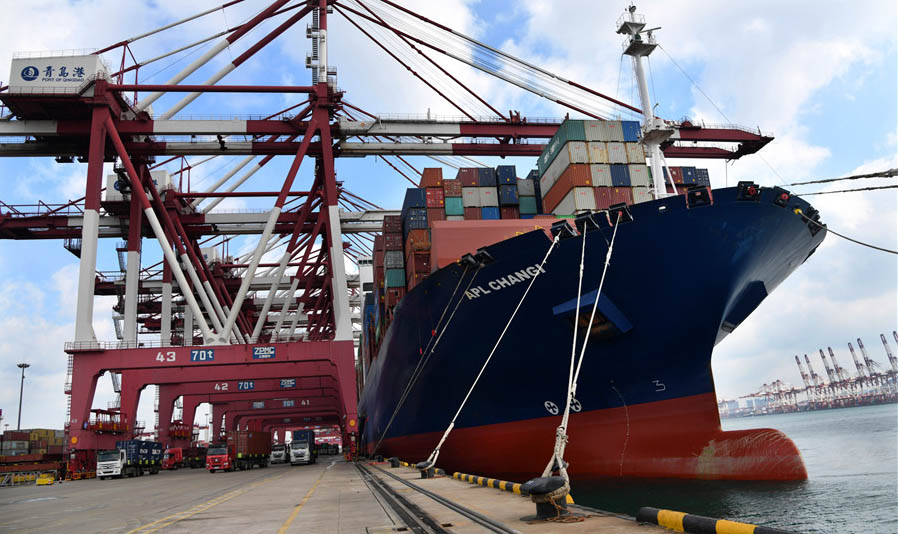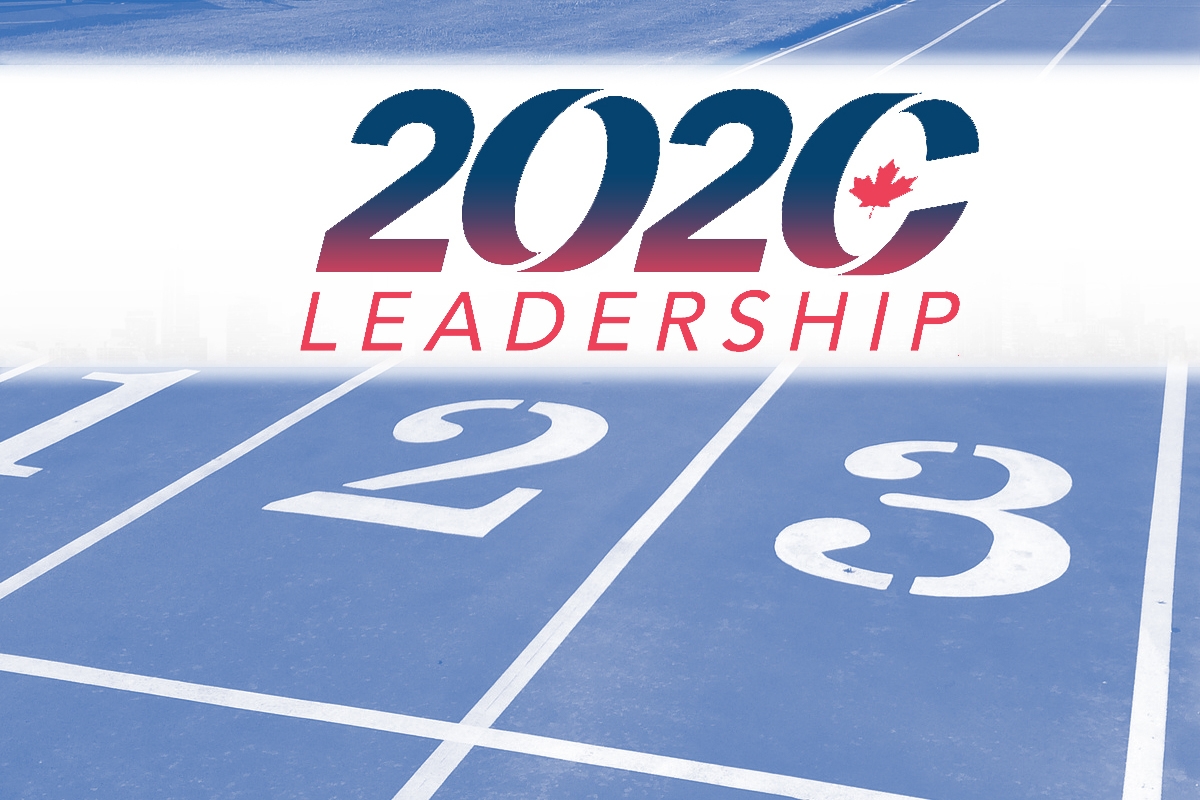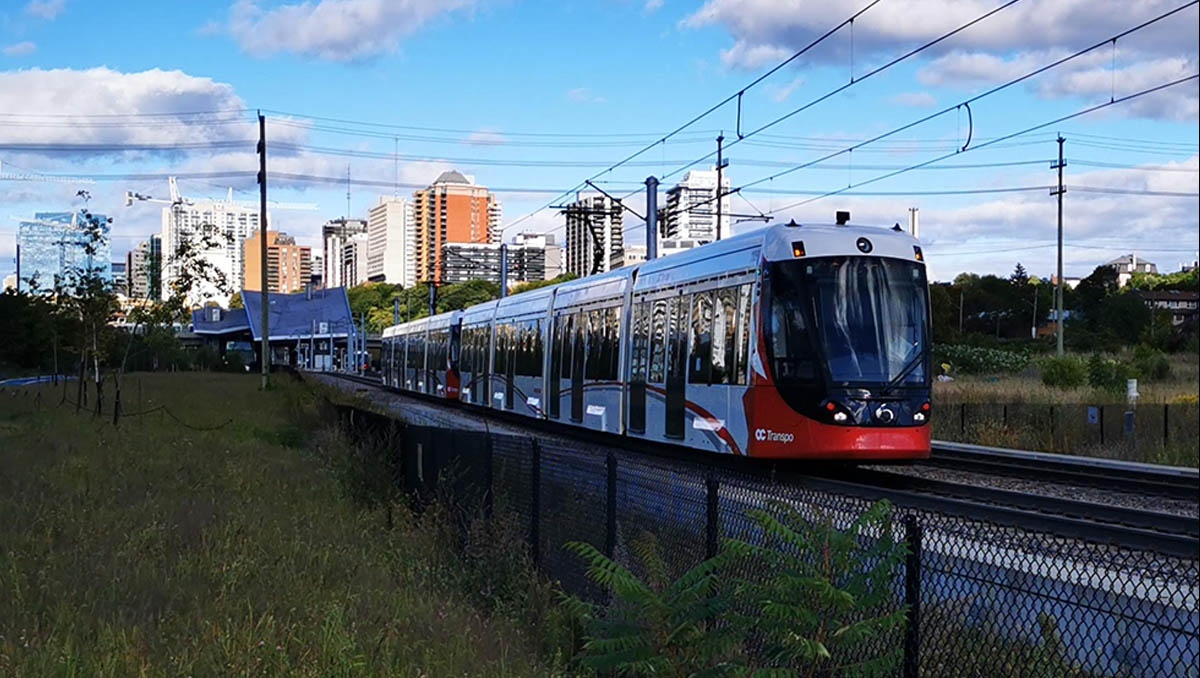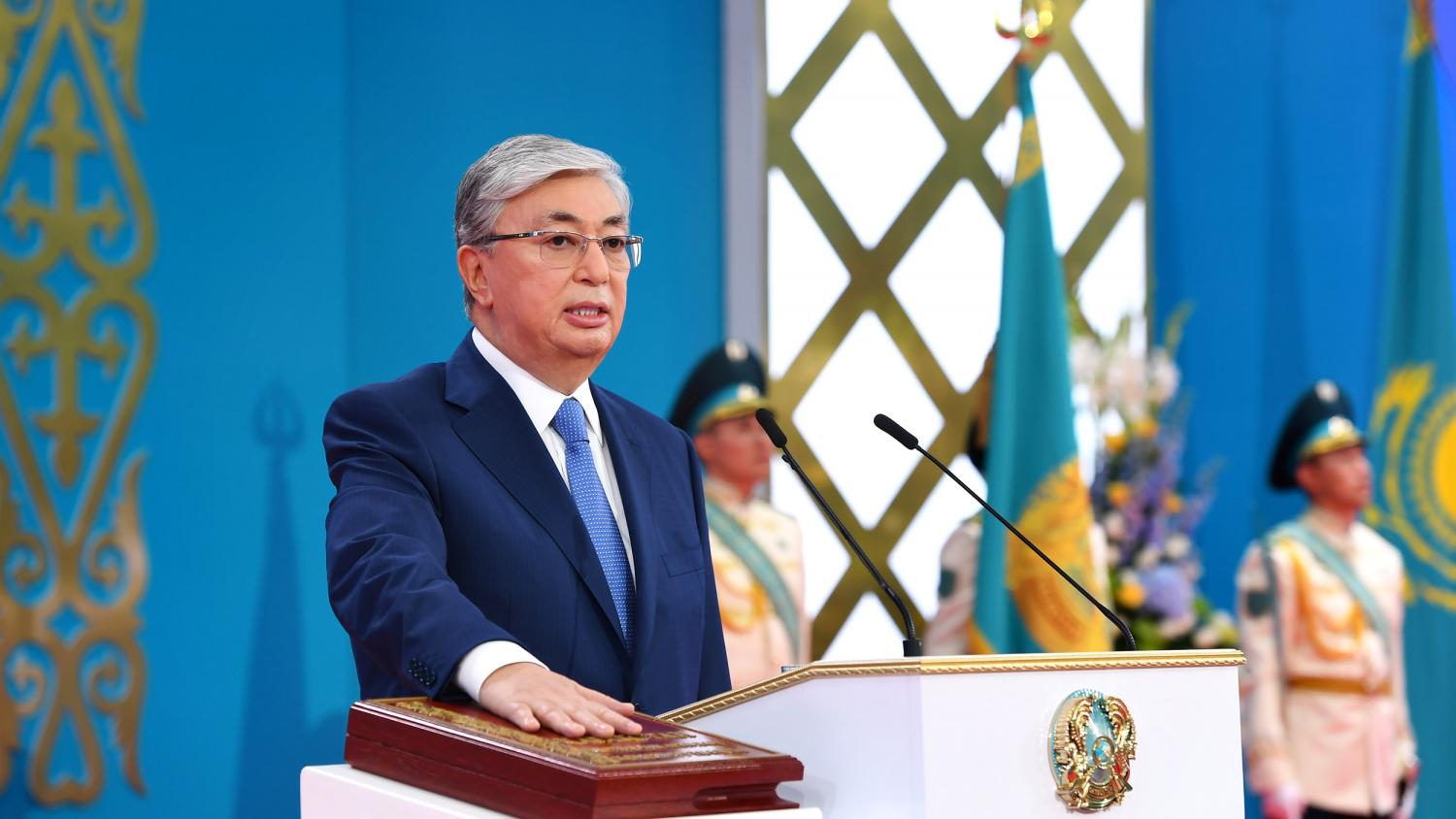
Kazakhstan Chooses Stability and Certainty in Historic Presidential Elections
Photo: Newly elected President Kassym-Jomart Tokayev
On June 9,2019 Kazakhstan held its first-ever democratic election for president. A record number of 227 foreign journalists from more than 40 countries were accredited to cover the elections. Ottawa Life Magazine Features Writer McKenzie Donovan traveled to Kazakhstan to join other journalists to observe and report on the election. Here is his article from the trip:
Central Asia is a relatively unknown place to Westerners and our perceptions of the region are overshadowed with misconceptions and stereotypes, many of them unflattering and false. The area consists of five culturally and ethnically diverse countries that have followed different paths to political and economic transformation since achieving independence from the Soviet Union in 1991. Today, Kazakhstan, Kyrgyzstan, Tajikistan, Turkmenistan, and Uzbekistan continue to find ways to transition to market economies to move forward with new and more democratic systems of government.
Of the five countries, none represents real change more than Kazakhstan. As the largest and most prosperous country in the region, Kazakhstan has been an exemplar of successful governance in the post-Soviet era. The country has shown an economic growth rate of 4.1 per cent per year on average in the past decade and market projections continue to be stable due to their flourishing oil industry and abundance of natural resources. Kazakhstan is also the world’s largest uranium producer.

Much of the credit for Kazakhstan’s growth and stability rests with Nursultan Nazarbayev who became the first president of an independent Kazakhstan on April 24, 1990. He had been in power under the previous Soviet regime for a very short period (June 1989) and led the transition of the country to its formal independence.
Since then, Kazakhstan has not been involved in any conflicts with its neighbours and has managed to grow and maintain positive relations with the European Union and other Western countries while keeping dealings with its behemoth neighbours — Russia and China — friendly. Kazakhstan has been a leader at the United Nations in matters related to the nuclear Non-Proliferation Treaty.
Under Nazarbayev’s leadership, Kazakhstan has had three decades of internal stability and relative inter-ethnic harmony. The cornerstone of his approach to governance has been to have policies for the country that ensured economic stability, created a positive investment environment and promoted inter-ethnic harmony between the ethnic groups. Kazakhstan, like Canada, is a multi-ethnic secular state. It has over 130 nationalities represented as well as two official languages, Russian and Kazakh. It has shown by example of what a post-national, multicultural state can be and stands in stark contrast to other former Soviet regions like the Ukraine, the Chechnya region, Moldova, Azerbaijan and Armenia where instability, inter-ethnic violence and disputes are common.
By all accounts President Nazarbayev was and is widely liked and respected by the vast majority of Kazakhs. Many families will make a pilgrimage to the Baiterek Tower, a stunning monument to the new Kazakh republic completed in 2002. At the top of the tower is a golden handprint of Nazarbayev. Local folklore says that if you put your hand in Nazarbayev’s print, a wish will come true. I visited the tower and observed dozens of Kazakh children, adults and elders keenly lining up to make their wish.
In a country where the median age is 30 years, most Kazakhs have only had Nazarbayev as a leader in their lifetime and until this election, he has been the only leader of the independent Kazakh state.
On March 20th, after three decades of guiding Kazakhstan and its people through transformative economic and governmental changes that brought it into the mainstream of nations, President Nazarbayev resigned. By stepping down voluntarily, Nazarbayev set a new precedent for a Central Asian country to have a democratic transition of power. However, like in most things Nazarbayev did while in office, his departure was planned in a methodical way to ensure the economic and structural stability in the country were maintained in this time of transition. Kazakhstan's constitution was amended to ensure the rights of the "first president," so Nazarbayev will still have some authority and influence, even if he is not the president. After his resignation, the Kazakh parliament voted to rename the capital city of Astana to Nur-Sultan to honour Nazarbayev. Then, interim President Kassym-Jomart Tokayev, a 66-year-old former career diplomat and Nazarbayev ally called an early presidential election for June 9, 2019. Eleven million voters were eligible to vote in the population of 18.6 million, including 1.5 million new voters who have turned 18 since the last presidential election in 2015.
Seven candidates placed their name on the ballot for the Presidency. Jambyl Ahmetbekov and Dania Yespayeva, members of the national Parliament; journalist Amirjan Qosanov, Toleutai Rakhimbekov; Chairman of the Board of the National Agrarian Scientific and Educational Center, trade unionist, Amangeldy Taspikhov; and Vice President of the Association of National Sports of Kazakhstan, Sadybek Tugel.

On June 8, 2019 advertisements for presidential candidates were all over Nur-Sultan, but otherwise it felt like a regular day in the city. There was no heavy military or police presence, and people seemed cheery and content. A pre-election briefing was hosted by Roman Vassilenko, Deputy Minister of Foreign Affairs and attended by media from all regions of the world.
Vassilenko would not comment on individual candidates for the presidency, but noted that each candidate showed an interest in continuing the foreign policy of President Nazarbayev which included friendly relations with the West, cooperation with China in the Belt and Road Initiative, continuing to forge economic ties with the European Union, and hosting bilateral talks to help mediate conflicts in Syria, the Ukraine, and those between Iran and The United States.
When asked about the possibility of election interference as had happened in the 2016 United States presidential election, Vassilenko said he remained confident that it would not happen. He said that the candidates running for office were using positive campaign tactics to demonstrate what they had to offer the nation rather than focusing on the negative qualities of opponents.
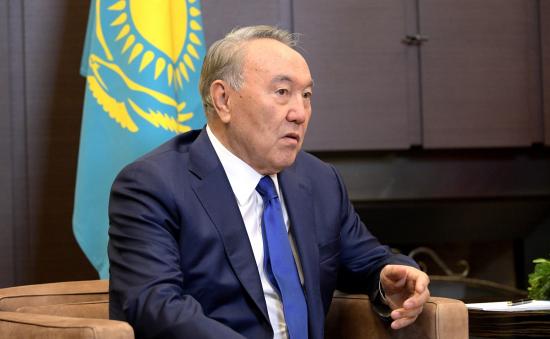
According to Vassilenko, the main challenges for the winning presidential candidate would include continuing economic growth via diversification of the economy, continuing to raise the quality of life for the Kazakh people, and maintaining a pragmatic and diplomatically-based foreign policy regime like that of former President Nazarbayev.
The morning of June 9, 2019 was election day and former President Nazarbayev cast the first vote at 10 am at the Palace of Youth with voting opening to the public immediately afterwards. Turnout was strong with dozens of Kazakhs queuing to vote at stations throughout the city.
Ak-Zhol party candidate Dania Yespayeva is the first female to run for the office of the president in the history of Kazakhstan. With strong core values, Yespayeva positioned herself as the ‘pro-business’ candidate. She argued that Kazakhstan should clamp down on a capital flight from the country, diversify its economy, and increase social welfare benefits for mothers. When questioned, she stated that she believed in the transparency and fairness of the elections and was willing to work with whoever was elected president to continue the growth and stability of the nation.
Throughout election day, international media observers from around the world and dignitaries from Serbia, Romania, Brazil, Turkey, Hungary, Poland and Israel all commented that the elections were fair and transparent. At midnight, after the votes were counted, Kassym-Jomart Tokayev was proclaimed the winner and 2nd President of the Republic of Kazakhstan.
To a Westerner it did seem odd that Nazarbayev's direct successor and ally was victorious but from a Kazakh perspective it makes complete sense that he was chosen to continue governing. Tokayev represents a continuation of years of stability and successful growth that were the undercarriage of former President Nazarbayev. His opponents including Dania Yespayeva all accepted the outcome of the vote of the Kazakh people and expressed a willingness to work with the new president.
The campaigns waged in Kazakhstan’s presidential election by the various candidates was civil and polite and did not seem to have an excess amount of partisanship or some of the polarizing views that have been more common in recent years in western democracies. It makes sense when you are in Kazakhstan that the election would have this tone -cautious and polite. It fits with the countries propensity to move forward in careful and measured steps.
The city of Nur-Sultan is marvelous. At only 21 years old, it is aggressively modern, stunningly beautiful, and the perfect metaphor for the Kazakh state itself: transformative, peaceful and growing daily.
In Canada, we are used to new governments every four to five years as we constantly want change. In Kazakhstan, the former President Nazarbayev ruled for three decades and brought stability and certainty to its citizens. He deserves credit for many accomplishments including relinquishing nuclear arms inherited from the Soviet Union and developing hydrocarbon potential to help make Kazakhstan post-Soviet Central Asia's wealthiest country.
However, his decision to leave office voluntarily might be his most significant contribution to his country and to a region where previous changes of leadership have occurred only through death, revolution, or other major political upheavals.
In Kazakhstan, it appears the 2019 presidential election results show that the people want stability and continued economic growth and certainty. They have embraced a slow and steady path towards a western style of democratic government, with a Kazakh twist. And for them, it’s working.


